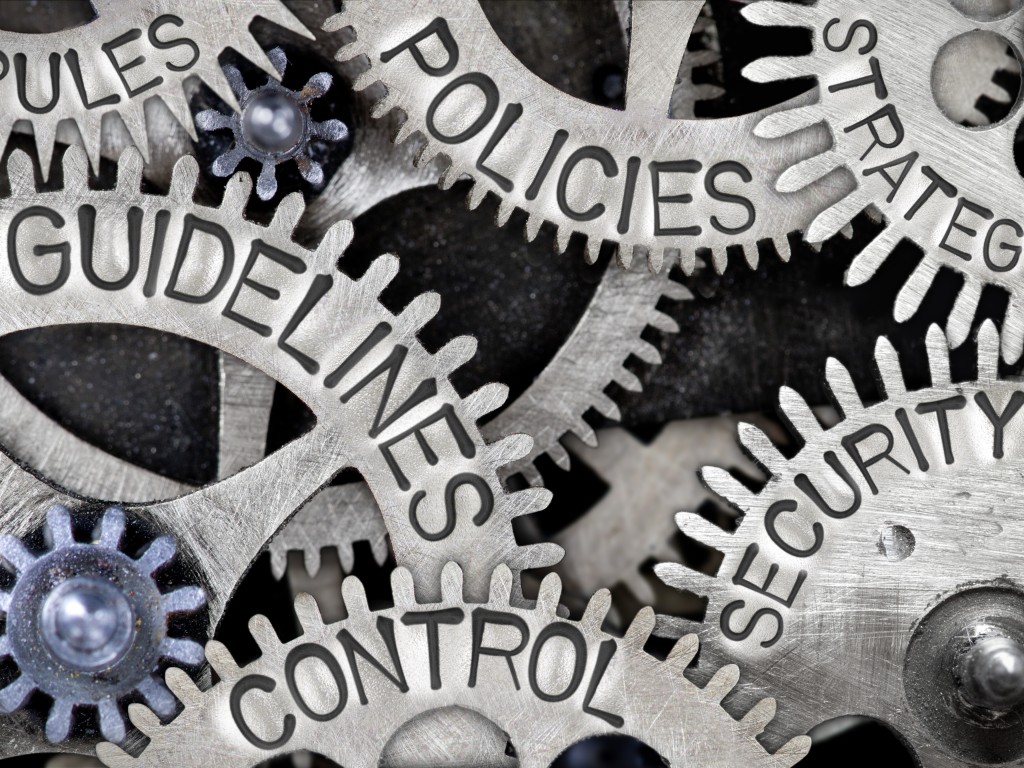ReSolVe - Regulatory-Ready Resilience for Circular and Compliant Supply Chains

In the past decade, supply chains have gained precision visibility through digital twins, predictive analytics, and interconnected data systems. But while capabilities have advanced, the strategic environment has become more complex. Regulatory frameworks are expanding through instruments like CBAM and CRMA; sustainability targets are tightening; and climate pressures are intensifying operational risk. These shifts do not just add constraints—they redefine how supply chains must be planned. As compliance requirements multiply and disruptions become multi-tier and cross-domain, traditional approaches—often built around siloed objectives and predefined risk scenarios—struggle to guide strategy. The result is a growing gap between operational visibility and actionable, resilience oriented decision-making.
ReSolVe (Resilient and Regulatory-Ready Solutions for Viable Supply Chains) introduces such a system. It positions resilience as a core design principle—not a reactive function—by integrating regulatory constraints, disruption dynamics, and strategic trade-offs directly into the planning architecture. Instead of treating risk and compliance as external constraints, ReSolVe embeds them into a modular, scenario-driven decision framework.
The project delivers a computational structure that enables organizations to evaluate long-term supply chain strategies under evolving regulatory, environmental, and operational conditions. It features a trilayered architecture: a resilience optimization model to assess trade-offs and interventions; an adaptive engine to integrate policy, climate, and market evolution; and a benchmarking tool to compare strategy portfolios across financial, compliance, and sustainability dimensions. These components are validated through industry pilots and supported by a deployment pathway that ensures applicability for both large actors and SMEs.
ReSolVe contributes directly to the ambitions of Topsector Logistiek and the Digital & Sustainable Logistics Agenda, advancing progress in emissions reduction, regulatory alignment, and adaptive planning capabilities. Its outputs support a structural shift—from fragmented mitigation to integrated, forward-looking supply chain governance.
The project will deliver a set of modular decision-support tools, including a resilience assessment methodology, a scenario-adaptive modelling engine, and a benchmarking framework for regulatory aligned supply chain strategies. These outputs will be validated through industry pilots and made available in scalable formats suited for both corporate users and SMEs. The implementation strategy includes knowledge transfer via an open-access platform, integration into partner decision environments, and targeted engagement with public stakeholders to support long-term adoption and policy impact.